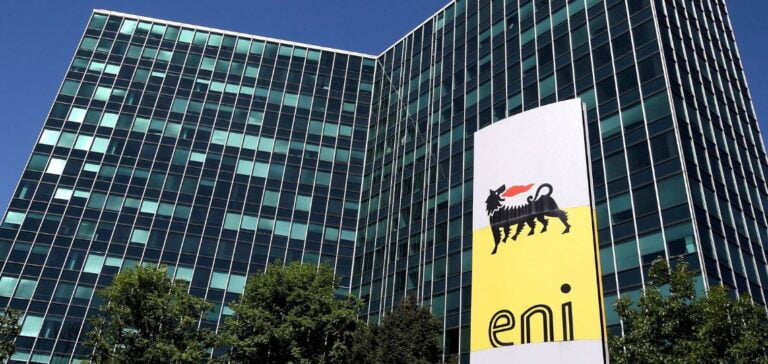The Italian government, led by Giorgia Meloni, has stepped up its privatization efforts in a bid to control the country’s massive public debt. This strategy includes the sale of a stake in Eni, the hydrocarbon giant. It follows a series of privatizations targeting strategic national assets. The Ministry of the Economy has launched a book of orders for an accelerated divestment aimed at qualified investors, reflecting a pragmatic approach to attracting foreign and local capital.
Transaction details and economic impact
The announcement of the sale of 2.8% of Eni’s capital is part of a broader program to raise 20 billion euros by 2026. This initiative aims to reduce a public debt ratio that is the second highest in the euro zone, just behind Greece. Eni remains a key player in this national financial strategy. Despite a 49% drop in net profit due to lower gas prices. A fact recently reported by the company.
Other privatizations and future prospects
In addition to the sale of Eni shares, the Italian government has also announced plans to sell shares in other profitable entities such as Poste Italiane and Ferrovie dello Stato. These movements are representative of a trend towards reducing the State’s stake in companies. A strategy that had been successfully initiated with the partial privatization of Poste Italiane in 2015. However, challenges remain, particularly with the privatization of ITA Airways. A case complicated by European regulatory issues concerning competition.
Privatizations in Italy, with Eni as a recent example, are crucial to the Meloni government’s economic strategy to reduce public debt. While offering opportunities for investors, these measures raise questions about the future of domestic companies and the impact on the Italian economy. The management of these privatizations and their reception by the market will continue to play a vital role in Italy’s financial rebalancing.






















